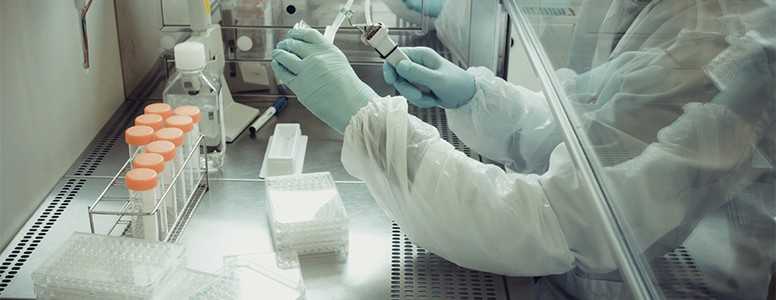Youngsters with type 1 diabetes have higher levels of PCSK9, which correlated with higher HbA1c levels, research suggests.
These levels of PCSK9 were also shown to be higher in girls than boys, with or without type 1 diabetes.
PCSK9 is an enzyme that activates other proteins, which previous studies have shown to be increased in people with type 2 diabetes. It has been unclear, however, whether PCKS9 levels are high in people with type 1 diabetes in the same way as they in obese people with and without type 2 diabetes.
This new study, conducted by researchers at Boston Children’s Hospital and Harvard Medical School, Massachusetts, sought to address that uncertainty.
PCSK9 levels were measured in 176 young people with type 1 diabetes, aged 15 on average, as well as age- and sex-matched control subjects.
Those with type 1 diabetes had raised levels of PCSK9, with girls found to have higher levels than boys. The type 1 diabetes cohort also had slightly higher blood pressure.
The raised PCSK9 levels were significantly correlated with HbA1c, triglycerides and total cholesterol among those with type 1 diabetes. The researchers noted this was consistent with previous research which found those with type 1 diabetes who had poor blood sugar control had greater dyslipidemia, elevated lipids, or fatty acids, in the blood.
But the researchers were surprised that PCSK9 levels were higher in people with type 1 diabetes than control subjects. This suggests that “factors other than insulin may also play an important role in the regulation of PCSK9,” the researchers told Medscape Medical News.
The researchers have cautiously hypothesised that PCSK9 inhibitor drugs could help people with type 1 diabetes achieve better blood glucose control, but insist that optimising insulin therapy should still be the first-line approach.
In regard to the discovery of PCSK9 levels being higher in girls, the study team added: “Future work will be necessary to understand the contribution of PCSK9 to the dyslipidemia and increased CVD risk associated with [type 1 diabetes], particularly in females.”
The study was published online in Diabetes Care.









